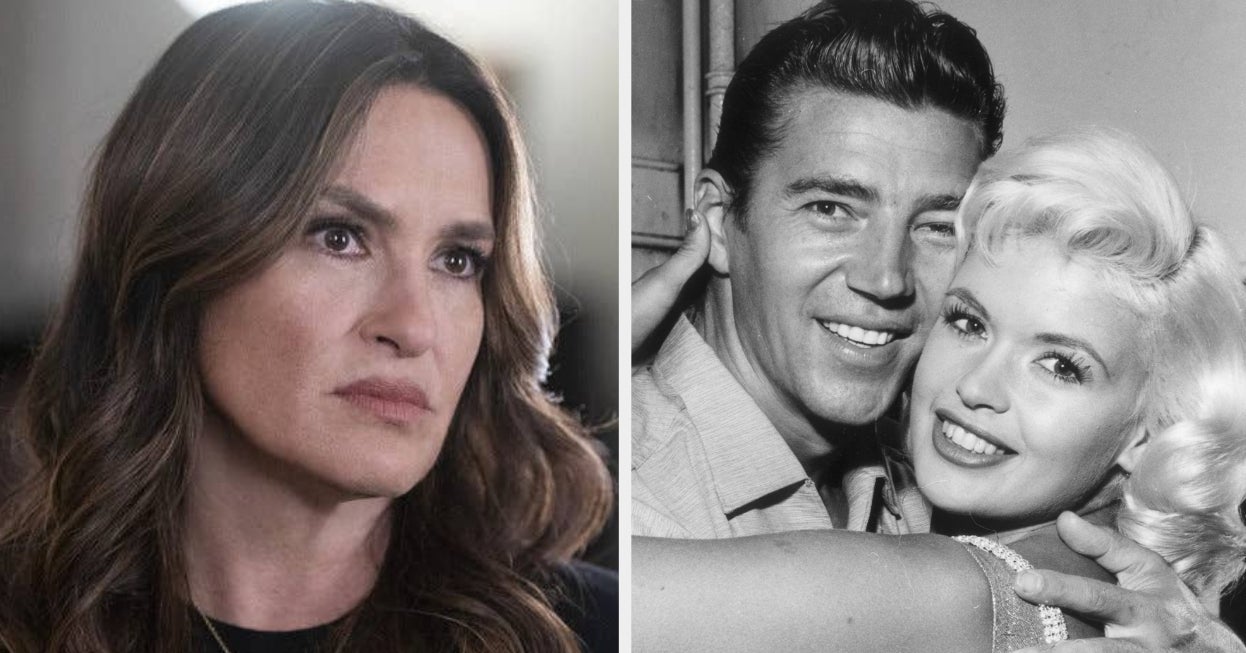An academic’s visiting teenage daughter falls under the sway of a sinister cult connected to his own research in “A Sacrifice.” Suspended between straightforward thriller and something loftier, Jordan Scott’s sophomore feature — headlined by Sadie Sink and Eric Bana — is a slick but unsatisfying narrative muddle. It has the feel of a literary adaptation that doesn’t quite translate to a different medium: While the individual thematic elements are intriguing enough, they just don’t come together on screen in sufficiently coherent or atmospheric form. The result is a movie that ultimately falls short on both suspense and ideas, though it remains watchable enough. Vertical is releasing to U.S. theaters on June 28.
Other territories will be seeing it under the title “Berlin Nobody,” while English author Nicholas Hogg’s source novel was called (and is set in) “Tokyo.” So one can safely assume Scott, whose career has primarily been in commercial brand campaigns, took considerable liberties with that material. Her first feature since 2009’s boarding-school drama “Cracks,” which was likewise produced by father Ridley, at first looks headed in a direction mixing elements of crime procedural and “Taken.”
Ben Monroe (Bana) is an American university professor who previously wrote a nonfiction bestseller called “The Science of Loneliness.” Now he’s a guest lecturer at an institution in the German capital, while working on a next tome to be titled “The Power of Group Think.” But he’s also traveled here at the behest of his wife in California, who wants at least a trial separation. He’s not happy about that, nor evidently is their teenage daughter Mazzy (Sadie Sink), who’s been acting out — so mom has sent her to dad for the summer as “punishment.” Mazzy is just fine with that, particularly as she almost immediately meets a cute local boy, Martin (Jonas Dassler).
But Martin is more calculating — and disturbed — than he looks. He prods his new friend towards the vaguely environmental-spiritual organization he’s involved in, which she’s too naive to notice looks very much like an apocalyptic cult. Charismatic leader Hilma (Sophie Rois, doing that thing of suggesting fanaticism by refusing to blink) calls for acolytes to discard “worldly attachments” so that the planet may “purify and heal.”
We’ve soon little doubt that her “sacrifice is redemption” line is behind a string of ritual suicides that “social psychologist” Ben gets tipped to via colleague Max’s (Stephan Kampwirth) acquaintance with Nina (Sylvia Hoeks), whose job is “profiling dangerous criminals for the government.” As Mazzy gets nose-led into trouble by Martin, Ben similarly falls for bait dangled by Nina. It is neither surprising nor convincing that these things all turn out to be conspiratorially connected.
Scott gets decent performances from an able cast, and “A Sacrifice” is handsomely presented. As with “Cracks,” however, her polished style (bedecked with flourishes like slo-mo and reverse-motion shots) isn’t potent enough to compensate for a lack of core substance. Characters spouting the odd pretentious quasi-sociological or politicized doomsday pronouncement do little to enrich our grasp on the sketchily-drawn cult, or even of their own individual psychologies. That leaves the bad guys eventually leaning towards caricature, with the good ones too bland to generate much empathy. While pacing is reasonably brisk, and there’s mortal peril after a point, actual tension stubbornly refuses to arise in the storytelling.
The director has termed this a “magical realist thriller.” A more fable-like approach might indeed have let viewers accept the logic gaps and underdeveloped themes as more allusive than lacking, yet what’s on screen comes off as too literal-minded for such allowances. So “A Sacrifice” just feels like a pulpy genre setup that increasingly drifts into conceptual ether, something it does not have the mysterioso intensity to render a plus. Not that Scott’s collaborators couldn’t have managed that if given a chance — in particular, Julie Kirkwood’s cinematography and Volker Bertelmann’s original score have moments of enigmatic ambiguity that the film as a whole only aspires to.
.png)









 English (US) ·
English (US) ·